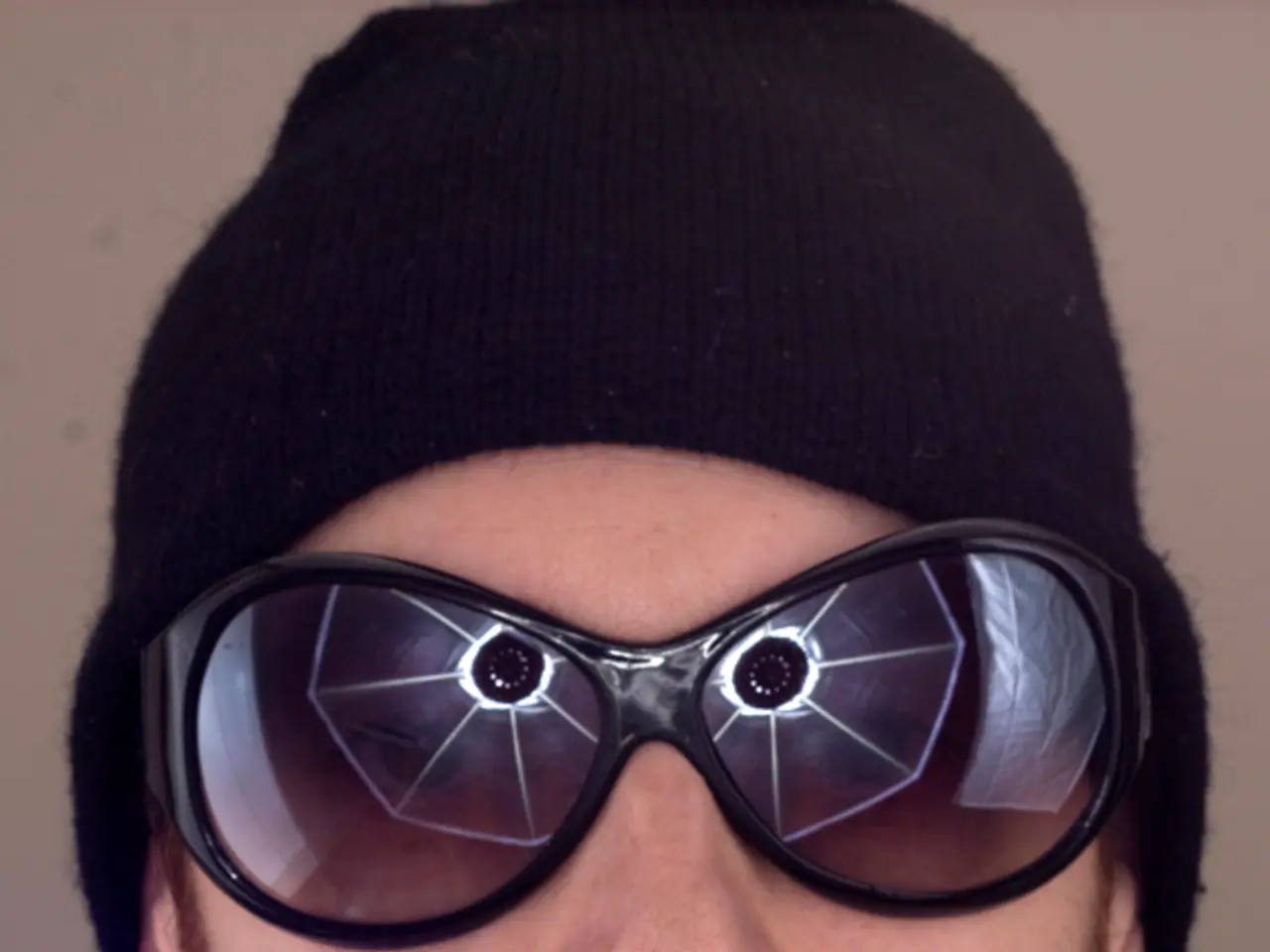The Importance of Sunglasses for Eye Safety
Wearing sunglasses with 100% UV protection offers significant benefits for your eyes, according to experts. These benefits include protecting your eyes from long-term damage such as cataracts, macular degeneration, and growths on the eye surface like pterygium and pinguecula. They also help prevent photokeratitis, a sunburn of the eye's cornea, which can cause temporary vision loss.
UV-protective sunglasses reduce eye strain and squinting caused by bright sunlight, which can lead to discomfort, headaches, and even migraines for some people. They improve visual comfort by reducing glare and enhancing contrast, making activities like driving and outdoor sports safer and easier on the eyes. Sunglasses also provide a physical barrier against wind, debris, and environmental irritants.
Experts emphasize that for these health benefits to be effective, sunglasses must block 99-100% of UVA and UVB rays, labeled as UV400 in some cases, and that wraparound frames offer added protection by limiting exposure from the sides. Children’s eyes are particularly sensitive, so educating them about UV protection early is beneficial.
The retina of the eye is the only part of the central nervous system that directly comes into contact with UV light, making it crucial to protect it. The larger the area of the face and sides covered by a pair of sunglasses, the better.
Influencers on social media may promote their coaching services or alternative products without ethical, legal, or organizational regulations. It is essential to verify the authenticity of such recommendations and ensure the sunglasses you choose offer the necessary UV protection.
Contrary to some claims, wearing sunglasses does not disrupt the body's rhythm or promote cataracts. On the contrary, it helps preserve eye health by minimizing the risk of serious eye diseases and preventing acute damage.
The Eye Foundation, dedicated to research, training, and education in the field of ophthalmology, warns that high UV exposure accelerates the development of a lens opacity (cataract) because the energetic light damages the proteins in the lens. Therefore, it is recommended to protect your eyes from a UV index of 3 and above.
In conclusion, wearing sunglasses with full UV protection preserves eye health by minimizing the risk of serious eye diseases, preventing acute damage, reducing eye strain, and improving comfort in bright conditions. It is a simple yet effective measure to ensure long-term eye health and visual comfort.
[1] German Weather Service [2] Various weather apps [3] Frank Holz, director of the University Eye Clinic Bonn and chairman of the Eye Foundation [4] Gerd Geerling, director of the University Eye Clinic Düsseldorf [5] Price does not matter; there are affordable models with the right UV filter.
- To maintain optimal eye health and prevent serious eye diseases, it is crucial to invest in sunglasses with UV400 protection, as recommended by experts like Frank Holz, director of the University Eye Clinic Bonn and chairman of the Eye Foundation, and Gerd Geerling, director of the University Eye Clinic Düsseldorf.
- By blocking 99-100% of UVA and UVB rays, sunglasses aren't just a fashion accessory but an essential tool for health-and-wellness, particularly during activities under bright sunlight, as they help preserve the retina from long-term damage and improve visual comfort.




